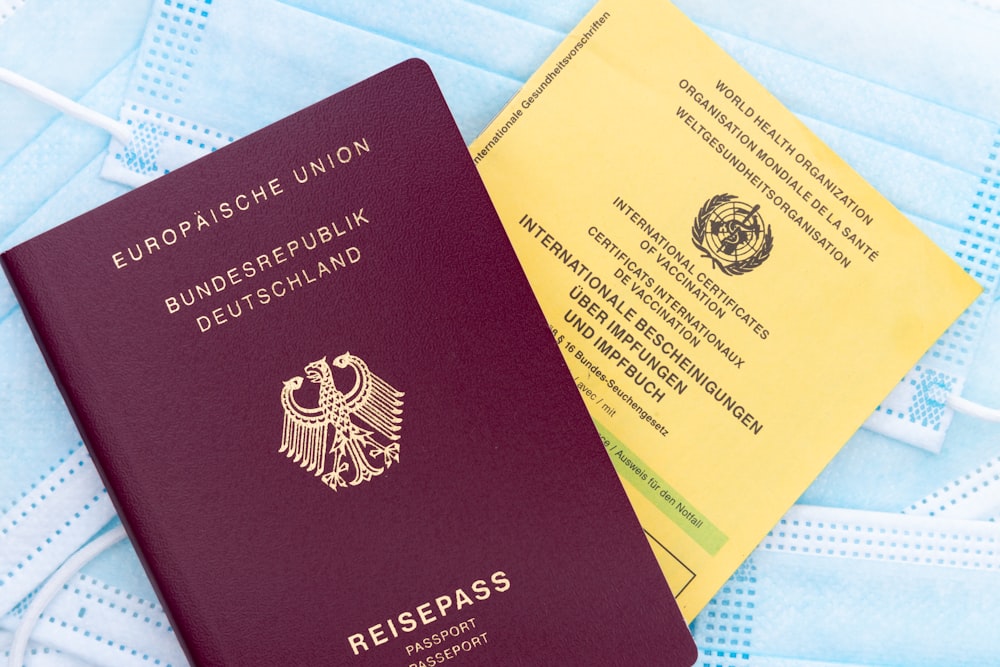Blog
Introduction to French Banking System
One of the first stages in relocating to France is to open a bank account. It doesn’t matter if it’s for job or school. When you need to open a bank account in France, you have a lot of questions. Which documents are required to complete this formality, and how can you select a bank that is best suited to your needs?
In France, many administrative procedures are fraught with red tape and delays. Some of them will put your patience to the test. However, if you’re looking to open a bank account, rest assured that the process is rather simple. At the very least, if you meet certain criteria.

How do I choose an account?
There are several crucial aspects to consider when opening a bank or savings account, and they can have a significant impact on the account’s cost and convenience of use. When choosing an account provider, you should consider the following factors:
* Interest – What is the best interest rate you can get on your savings?
* Withdrawals & Transfers – What are the rules for withdrawing a certain amount of money?
* How much do transfers to Euro and non-Euro accounts cost?
* Availability – does it offer online or mobile banking?
Non-resident accounts
You will need to obtain a non-resident account (compte non-résident) if you are a non-resident. In terms of amount of money you may move and the fact that you can’t get an overdraft, this may be slightly more limiting than resident accounts – but check with your bank for the precise limits. Although it is normally more convenient to open a French bank account in person while in France, this is not always possible. Fortunately, there are a variety of ways to open a euro account online.
Current Account
This is known in France as a compte courant, a compte à vue, or a compte de dépôt, and it is a very active account with money moving in and out. You’ll need to set this up to pay bills and other daily expenses in France, as well as a checkbook. This is normally free to set up, but there are fees if you use any of the specific ‘services,’ such as withdrawing money from a cash machine using a bank card.
Deposit Account
Called a compte sur livret, or Livret A (a compte à terme if the account is not instant access), this is an account into which you deposit money that will not be used immediately. It needs to be separate from your current account.
Joint accounts
If you want to open a joint bank account, you can do so under the names M. et MME. SMITH or M. ou MME. SMITH. Both partners must sign in the first scenario, and if one partner dies, the account is frozen until the will is proven. You must choose the second option if you want a shared account where either partner can sign and draw on the account. Opening a bank account in France: Main requirements
To cover the needs of your daily payments and transactions and for any money transfer in France or worldwide, you will have to open a Current Bank Account.
Most banks will ask for the following documents:
➤ A valid proof of identity.
– Such as a Passport, with a visa for Non-EU citizens.
➤ Proof of residence in France.
– Such as a lease contract/rent payment receipt, water, and electricity bills, etc.
➤ A residence permit or a long-stay visa.
– For appropriate verification.
➤ A deposit to start your account.
– Basic minimum amount required by some institutions to open and maintain an account.
➤ Students will need to provide proof of their enrolment in a French school.
– For appropriate verification.
Additional documents, such as a recent written proof of income can be required: This is the case if you choose to domicile your revenues in France.
Please note that you will have to open a savings account if you wish to keep your money working, as a current bank account doesn’t yield any interest.

What if you get rejected by the bank?
Not all banks have provisions for a non-resident account, and others impose restrictions on who may open an account, based on their place of residence, the minimum opening balance, and other factors. Some banks have facilities for an account to be opened from outside France.
A bank may refuse to open an account for you and they don’t have to give a reason. If this is the case:
– Ask for lettre de refus which is a refusal letter;
– Take this to your nearest Banque de France office;
– Fill in a form requesting a Droit au compte which is the right to own an account.
A bank is then designated and is required to open an account for you.
NOTE: This doesn’t apply if you are ‘interdit bancaire’, which means that your account has been closed due to an overdraft and unpaid debt.

Bank charges
A law introduced in January 2008 means that now, by law, banks have to tell you, by an annual statement at least, what charges have been applied to your account. By law, they also must be able to give you a list of their tariffs. There are many different things for which you can be charged but expect a tariff for: a debit card; a cheque book (still commonly used in France); statements; standing orders; foreign currency transactions; going over your overdraft (this can be quite hefty!)
Banking hours
French bank opening hours are quite variable, depending on the location, size of branch etc. In general, they are open from 09:00 to 17:00 Mondays to Fridays. Some banks will open on Saturdays mornings and late on certain evenings though this is more likely in larger towns. Lunchtime closing is the norm in smaller towns. It’s best to check your local branch.
Cryptocurrency
Investment in Cryptocurrency in France is now available through BlockFi.
